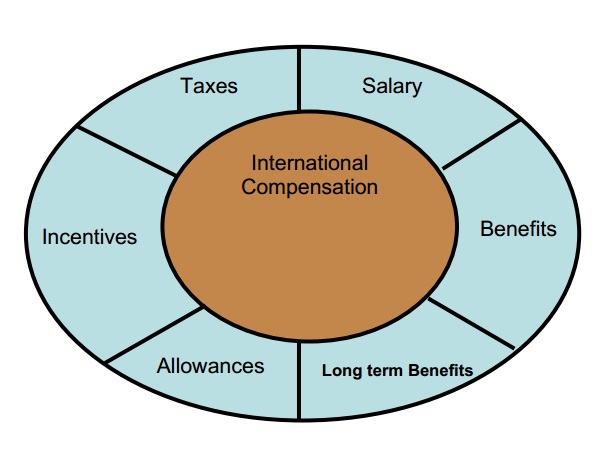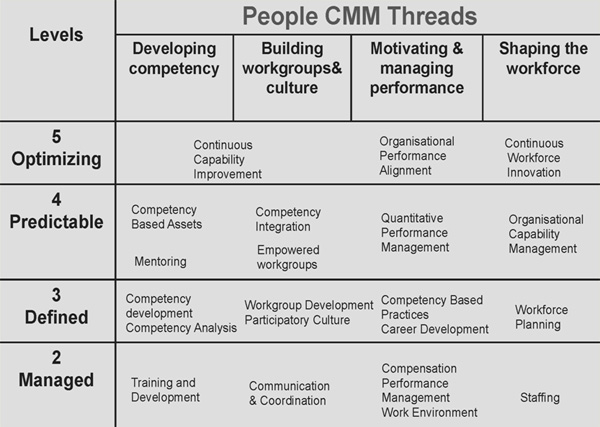International Compensation Management
Designing and developing a better compensation package for HR professionals for the international assignments requires knowledge of taxation, employment laws, and foreign currency fluctuation by the HR professionals. Moreover, the socio-economic conditions of the country have to be taken into consideration while developing a compensation package. It is easy to develop the compensation package for the parent country national but difficult to manage the host and third country nationals. When a firm develops international compensation policies, it tries to fulfills some broad objectives: The compensation policy should be in line with the structure, business needs and overall strategy of the organization. The policy should aim at attracting and retaining the best talent. It should enhance employee satisfaction. It should be Continue reading




